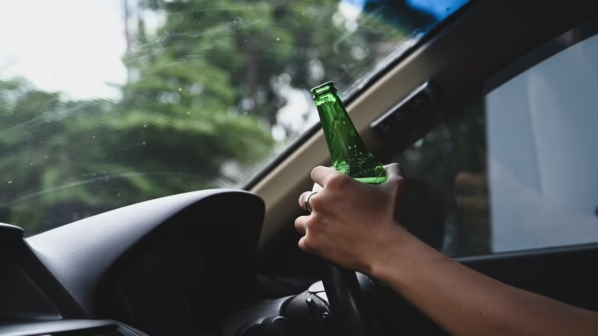Florida DUI: What You Need to Know
A DUI (Driving Under the Influence) charge in Florida can carry serious and long-lasting consequences. Whether it’s your first offense or a repeat incident, understanding the laws, penalties, and your options can make a significant difference in the outcome. This guide explains the essentials of DUI laws in Florida, what happens after an arrest, and how to move forward—legally and responsibly.
What Constitutes a DUI in Florida?
 In Florida, a driver can be charged with DUI if they are found operating a motor vehicle with a:
In Florida, a driver can be charged with DUI if they are found operating a motor vehicle with a:
- Blood Alcohol Content (BAC) of 0.08% or higher
- Controlled substance impairing their normal faculties
- Any BAC level if under 21 years old (zero-tolerance policy)
DUI charges may result from alcohol, illegal drugs, or even prescription medications if they impair your ability to drive safely.
Penalties for DUI in Florida
DUI penalties vary depending on your record and the circumstances of the offense. These may include:
First DUI Offense
- License suspension: 6 months to 1 year
- Fine: $500–$1,000
- Jail time: Up to 6 months

- Ignition interlock (BAC 0.15+ or minor in car): 6 months minimum
- Mandatory DUI school
Second DUI Offense
- License suspension: 5 years (if within 5 years of first offense)
- Fine: $1,000–$2,000
- Jail time: Up to 9 months
- Ignition interlock: Minimum 1 year
Third or Subsequent DUI
- Felony charges possible
- License revocation: 10 years or more
- Jail time: Up to 5 years
- Hefty fines, long-term interlock, and possible vehicle impoundment
Administrative vs. Criminal Penalties
Florida DUI charges often lead to two types of penalties:
- Administrative penalties: Imposed by the Florida Department of Highway Safety and Motor Vehicles (FLHSMV), including license suspension.
- Criminal penalties: Determined in court, including jail time, fines, and probation.
It’s possible to lose your license before a criminal conviction, which is why it’s important to act quickly.
Refusing the Breathalyzer or Blood Test
Florida has an implied consent law. If you refuse to submit to a lawful breath, blood, or urine test, you may face:
- Automatic license suspension: 1 year for first refusal, 18 months for subsequent refusals
- Refusal used as evidence in court
Even if you’re not convicted of DUI, the refusal alone can result in penalties.
How to Get Your License Back
After a DUI, you may be eligible for a restricted or hardship license that allows limited driving for work, school, or medical appointments. Requirements include:
- Enrollment in DUI school
- Payment of reinstatement and administrative fees
- Proof of FR-44 insurance (not SR-22)
- Installation of an ignition interlock device (in some cases)
Hardship licenses are not guaranteed and are subject to approval by the Bureau of Administrative Reviews.
What Is FR-44 Insurance?
If you’re convicted of DUI in Florida, you must carry FR-44 insurance to reinstate your license. This is a high-liability policy that includes:
- $100,000 bodily injury coverage per person
- $300,000 per accident
- $50,000 property damage
FR-44 policies are required for a minimum of 3 years and typically cost more due to your high-risk status. Learn more about FR-44 requirements here.

